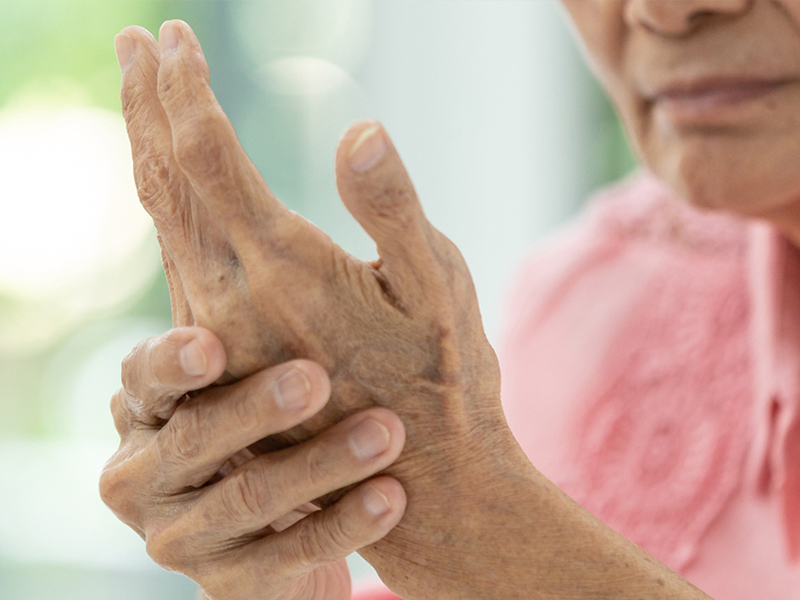As a geriatrician who primarily takes care of elders with dementia, chronic pain is a problem that I must address daily.
It’s not news that chronic pain affects us as we age. A recent study found that 53 percent of the elder reported bothersome pain each month. Pain has myriad causes: a career in a field that’s physical, arthritis, muscle strain, back problems like arthritis and stenosis, a narrowing of the spinal canal.
Pain in elders is generally under-recognized and under-treated. It can lead to more distress, agitation, insomnia, and worse medical outcomes. In some rare cases, pain can even result in heart attacks.
The question is, how can we best treat pain?
I like to start with a physical therapy evaluation. This evaluation can tell us whether strengthening and exercise may relieve the pain. If moving more won’t solve the problem, then we need to talk about medical treatments for the discomfort.
As with all medications, it’s crucial to find the minimum effective strength treatment.
I start with Tylenol/acetaminophen. The most significant risk with Tylenol is liver damage, which can occur at doses larger than 4,000 mg per day. For most people, daily doses under 4,000 mg are OK. But because elders process medications differently, we give our elders less than 2,600 mg a day. Those who have liver disease or taking large doses of Tylenol without eating and drinking are particularly at risk for liver damage.
Most people with pain get a 1,300 mg tablet of long-acting Tylenol twice a day in our practice. It is essential to give the medication regularly. With consistent pain treatment, the elder can be more comfortable and continue to be mobile. Just keeping mobile and active can, in itself, help decrease pain.
Sometimes, doctors will advise Motrin/ibuprofen or Naprosyn/Naproxen for long-term treatment. I don’t recommend this. When taken long-term, these medications can increase the risk of stroke, heart attack, kidney disease, high blood pressure, and internal bleeding.
There are more potent treatments for pain, of course. Narcotics are an option for severe pain such as post-surgical recovery, bone-on-bone arthritis. Remember that these medications are addictive and should never be the first-line treatment for elders.
If your elder is suffering from chronic pain, check out our medication resource.
Tune In Saturdays at Noon (PST) for High Noon with Dr Liz + Friends
Check Out Our Upcoming Workshops>
Telehealth: One-To-One Education

Elizabeth (Dr Liz) has over twenty years of experience in providing medical care to the elders. She is board-certified in Internal Medicine, Geriatric Medicine and Palliative Care Medicine. Dr Landsverk founded ElderConsult Geriatric Medicine, a house calls practice, to address the challenging medical and behavioral issues often facing older patients and their families.

